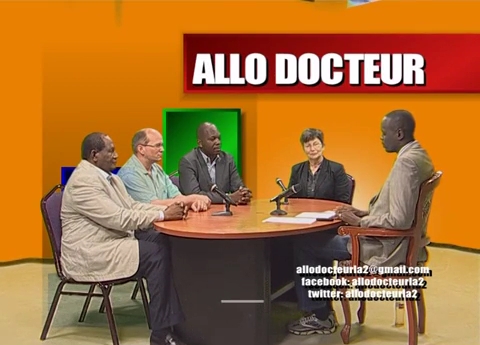|
|
Neglected Infectious Diseases (NID) such as trypanosomiasis, leishmaniasis, schistosomiasis and soil-transmitted helminthiasis receive less than 5% of the global investment for tropical diseases research. Clinical praxis in disease-endemic countries is rarely evidence based and does not make use of the latest innovations in diagnostic technology. NID–related research on diagnostics is particularly underfunded, and diagnostic tools are lacking for a number of NID. The aim of this project is to bridge the gap between existing technological innovation in diagnostics and clinical care practice for NID in resource-poor settings. The specific objectives are to develop simple, cost-effective diagnosis-treatment algorithms for three NID-related clinical syndromes: the persistent fever, the neurological and the digestive syndromes. Evidence-based algorithms for the primary care level will be designed with a patient-centred approach, following guidance from disease-endemic countries stakeholders and making the best possible use of existing assays and treatments. Relevant innovative technology will be introduced when required and comprehensive diagnostic platforms will be developed according to the specific epidemiological contexts in Africa and South-Asia.
|

Part1 & Part2
|
Neglected infectious diseases
They include a range of chronic disabling infections, such as Buruli ulcer, Chagas disease, cysticercosis, dracunculiasis, endemic treponematoses, Human African Trypanosomiasis (HAT), leishmaniasis, leprosy, lymphatic filariasis, onchocerciasis, schistosomiasis, soil-transmitted helminthiasis, trachoma, food-borne trematodiasis but also more acute infections such as brucellosis, enteric fever, melioidosis, cholera, dengue and rabies.
Three major clinical presentations of NIDs are persistent fever, intestinal and neurological syndromes.
Diagnosis and treatment
Treatment options for neglected infectious diseases are generally few and the problem is exacerbated by a critical lack of appropriate diagnostic tools to guide therapeutic decision-making. |